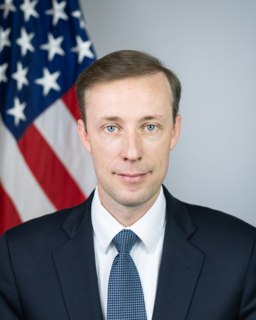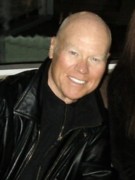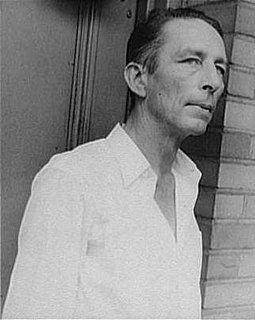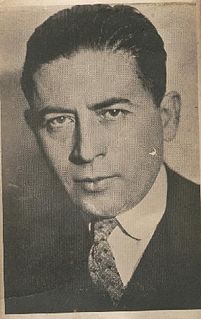A Quote by Annie Besant
Every form, not being the whole, must, of necessity, be imperfect; less than the whole, it cannot be identical with the whole, and being less than the whole and, therefore, imperfect by itself, it shows imperfection as evil, and only the totality of a universe can mirror the image of God.
Related Quotes
I love this world because it is imperfect. It is imperfect, and that's why it is growing; if it was perfect it would have been dead. Growth is possible only if there is imperfection. I would like you to remember again and again, I am imperfect, the whole universe is imperfect, and to love this imperfection, to rejoice in this imperfection is my whole message.
The true God is not a form idealized; he/she/it is real and therefore, by definition, imperfect; only an abstraction can be free of flaws. And since God is imperfect, there will be suffering.... There is no perfect God. And your suffering requires no more explanation than that unavoidable imperfection.
An ignorant man believes that the whole universe only exists for him: as if nothing else required any consideration. If, therefore, anything happens to him contrary to his expectation, he at once concludes that the whole universe is evil. If, however, he would take into consideration the whole universe, form an idea of it, and comprehend what a small portion he is of the Universe, he will find the truth. There are many ... passages in the books of the prophets expressing the same idea.
To seek the greatest good is to live well, and to live well is nothing other than to love God with the whole heart, the whole soul, and the whole mind: It is therefore obvious that this love must be kept whole and uncorrupt, that is temperance; it should not be overcome with difficulties, that is fortitude, it must not be subservient to anything else, that is justice; it must discriminate among things so as not to be deceived by falsity or fraud, that is prudence.
The whole gamut of good and evil is in every human being, certain notes, from stronger original quality or most frequent use, appearing to form the whole character; but they are only the tones most often heard. The whole scale is in every soul, and the notes most seldom heard will on rare occasions make themselves audible.
No thought can encapsulate the vastness of the totality. Reality is a unified whole, but thought cuts it up into fragments. Every thought implies a perspective, and every perspective, by its very nature, implies limitation, which ultimately means that it is not true, at least not absolutely. Only the whole is true, but the whole cannot be spoken or thought.
Since substance is infinite, the universe as a whole, i.e., god, Hegel is telling us that philosophy is knowledge of the infinite, of the universe as a whole, i.e, god. You cannot get more metaphysical than that. I think that Hegel scholars have to admit this basic fact rather than burying their heads in the sand and trying to pretend that Hegel is concerned with conceptual analysis, category theory, normativity or some such contemporary fad.
The True is the whole. But the whole is nothing other than the essence consummating itself through its development. Of the Absolute it must be said that it is essentially a result, that only in the end is it what it truly is; and that precisely in this consists its nature, viz. to be actual, subject, the spontaneous becoming of itself.
I believe that the universe is one being, all its parts are different expressions of the same energy... parts of one organic whole.... (This is physics, I believe, as well as religion.) The parts change and pass, or die, people and races and rocks and stars; none of them seems to me important in itself, but only the whole. This whole is in all its parts so beautiful, and is felt by me to be so intensely in earnest, that I am compelled to love it, and to think of it as divine.
The Jews are not a part of a vast Whole which they re-integrate in dying, but they are a Whole in themselves, defying space, time, life, and death. Can God be outside the Whole? If he exists, necessarily he confounds himself with this Whole...Thus Divinity in Judaism is contained in the exaltation of the entity represented by the Race - passionnel entity, eternal flame, it is the Divine essence. It must be preserved and perpetuated, therefore the idea of pure and impure was created.








































